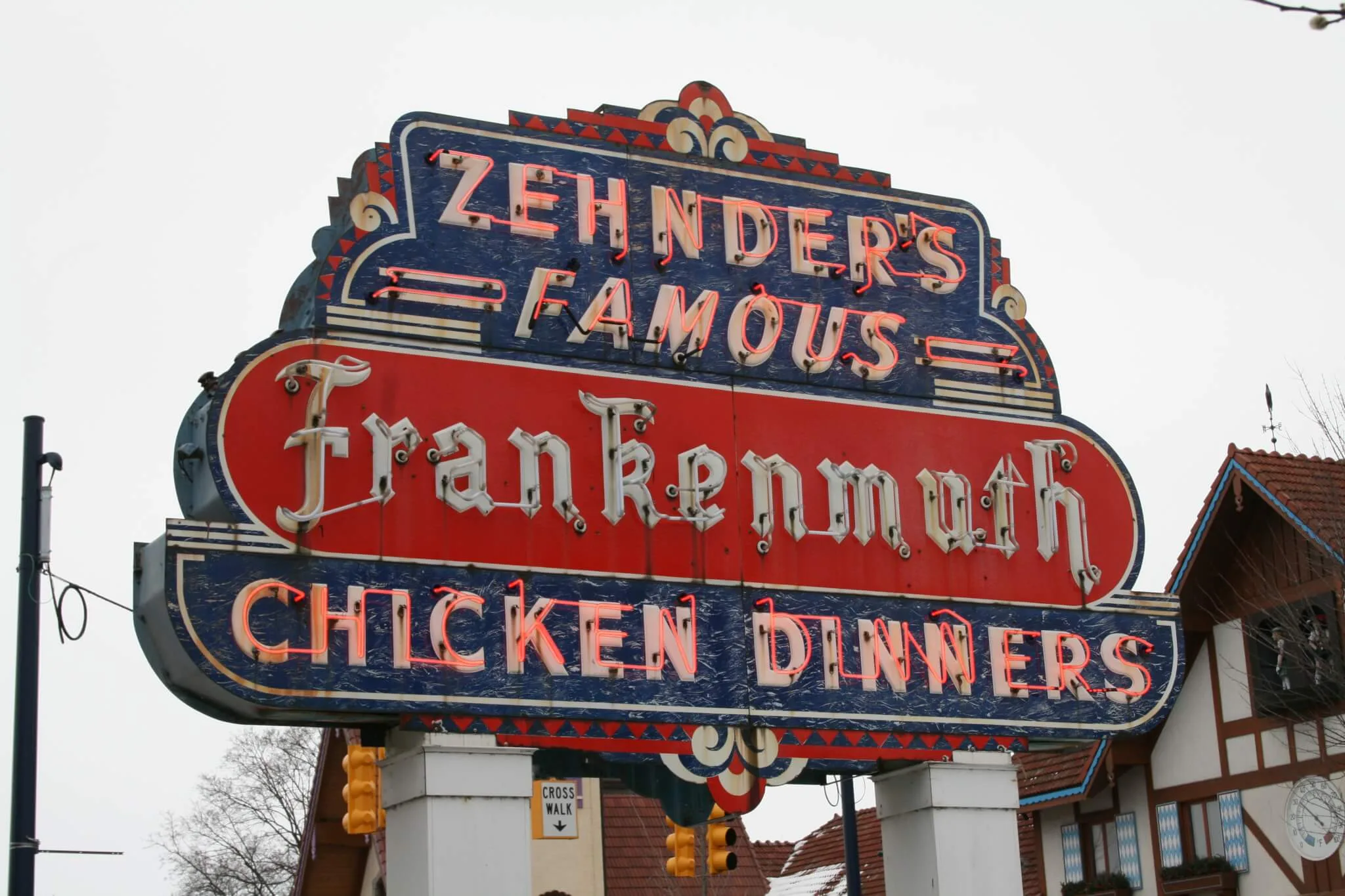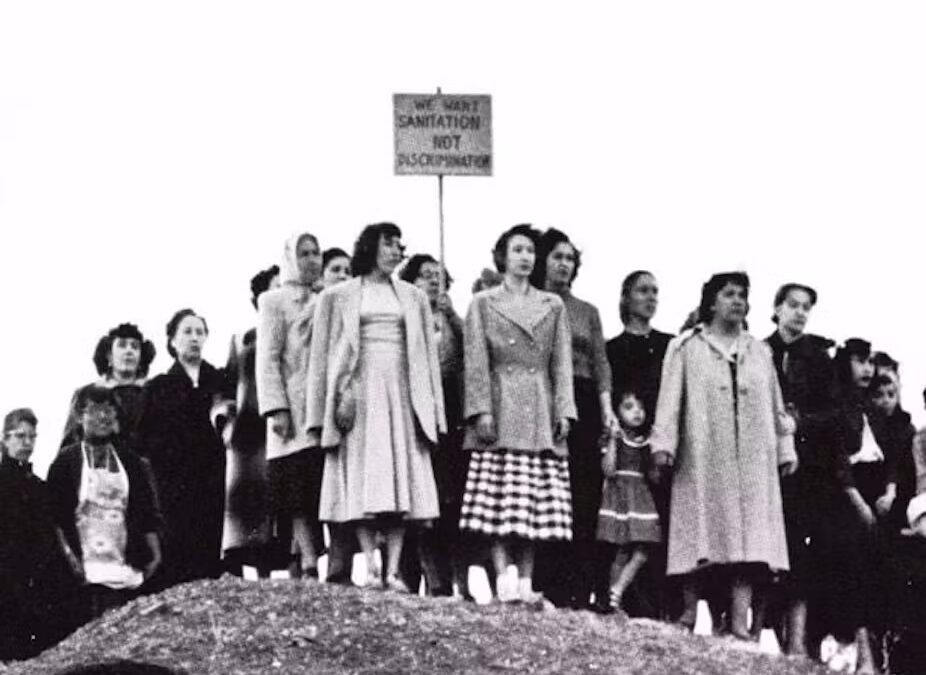
Zehnder's is the largest independent, family-owned restaurant in the US. (designsbykari/flickr)
In our Michigan Moments: Food series, we’re checking out the history behind iconic Michigan foods and beverages.
MICHIGAN — Midwestern cooking often combines culinary traditions from our families’ immigrant backgrounds, locally grown and produced ingredients, and the foods of Indigenous tribes. And in Michigan especially, our home cookin’ includes provisions that were concocted, bottled, and packaged by mitten-state entrepreneurs. If you’re curious about the history of some of your favorite foods and beverages, read on to discover how Michigan history creates Michigan culture.
Frankenmuth Chicken
The Little Bavaria of Frankenmuth is perhaps best known as Michigan’s Christmas wonderland, but its culinary and historical heritage carry stronger German roots. One piece of its German heritage is the famous Frankenmuth family-style chicken dinners, which are traditionally served as a whole parboiled chicken, cut into 10 pieces, and fried with a light breading. In traditional German cuisine style, the chicken is served with mashed potatoes, buttered noodles, vegetables, and cranberry relish.
The two primary Frankenmuth chicken restaurants are Bavarian Inn and Zehnder’s, currently both owned by the same family. However, more than a century ago in 1856, Zehnder’s was the New Exchange Hotel. In 1888, the Bavarian Inn was founded as the Union House Hotel, later the Fischer Hotel. Both hotels were boarding houses for Michigan lumberjacks at the height of Michigan’s lumber trade. The owners of the Fischer Hotel, the Fischer family, are credited as the originators of Frankenmuth chicken. Theodore Fischer and his wife Katherine ran the Fischer Hotel and were the first to promote the all-you-can-eat family style chicken dinners.
The Zehnder family was in the farming and slaughterhouse business and they purchased the New Exchange Hotel in 1928. The Zehnders and the Fischers were in fierce competition, both serving family-style chicken dinners, but it ended when William “Tiny” Zehnder finally purchased Fischer’s from Theodore Fischer’s grandson, Elmer, in 1950. Tiny and his wife Dorothy expanded Fischer’s into its current Bavarian theme in 1959, which was also the beginning of the Frankenmuth Bavarian Festival.
Frankenmuth might never have become Michigan’s “Little Bavaria” without the industrial mind of Tiny Zehnder. Though Tiny passed away in 2006, his wife Dorothy Zehnder remains the co-owner of the Bavarian Inn and still serves up family-style chicken dinners from the Bavarian Inn’s kitchen to this day.
Today, Zehnder’s is the largest independent family restaurant in the United States. Between Zehnder’s and the Bavarian Inn, the family serves up 950,000 pounds of chicken every year. Zehnder’s was honored with an America’s Classics Award by the James Beard Foundation in 2020.
Check out both Zehnder’s and the Bavarian Inn online.

That one time in Michigan: When an ancient, Stonehenge-like structure was discovered in Lake Michigan
Journey beneath the waves of Lake Michigan to learn about a centuries-old secret—from Stonehenge to the Great Lakes. If you’ve ever visited...

7 creepy facts about Michigan they don’t teach you in school
Immerse yourself in the spirit of the season with seven creepy (or simply unexplained) facts about Michigan that textbooks ignore. Disappearing...

That one time in Michigan: When an official funeral was held for frozen pizzas
The next time you’re forced to discard a recalled product, draw inspiration from one of Michigan’s most inventive pizza producers. We’ve all...

Great Lakes features mystery triangle blamed for disappearances. Is the legend true?
Beware when heading out onto Lake Michigan—legend says ships are known to vanish in what's known as the Lake Michigan Triangle, or do they? The area...

5 unsung films that dramatize America’s rich labor history
By Peter Dreier, Occidental College The U.S. is in the midst of a new upsurge of union organizing. Is a Hollywood drama about angry Starbucks...




